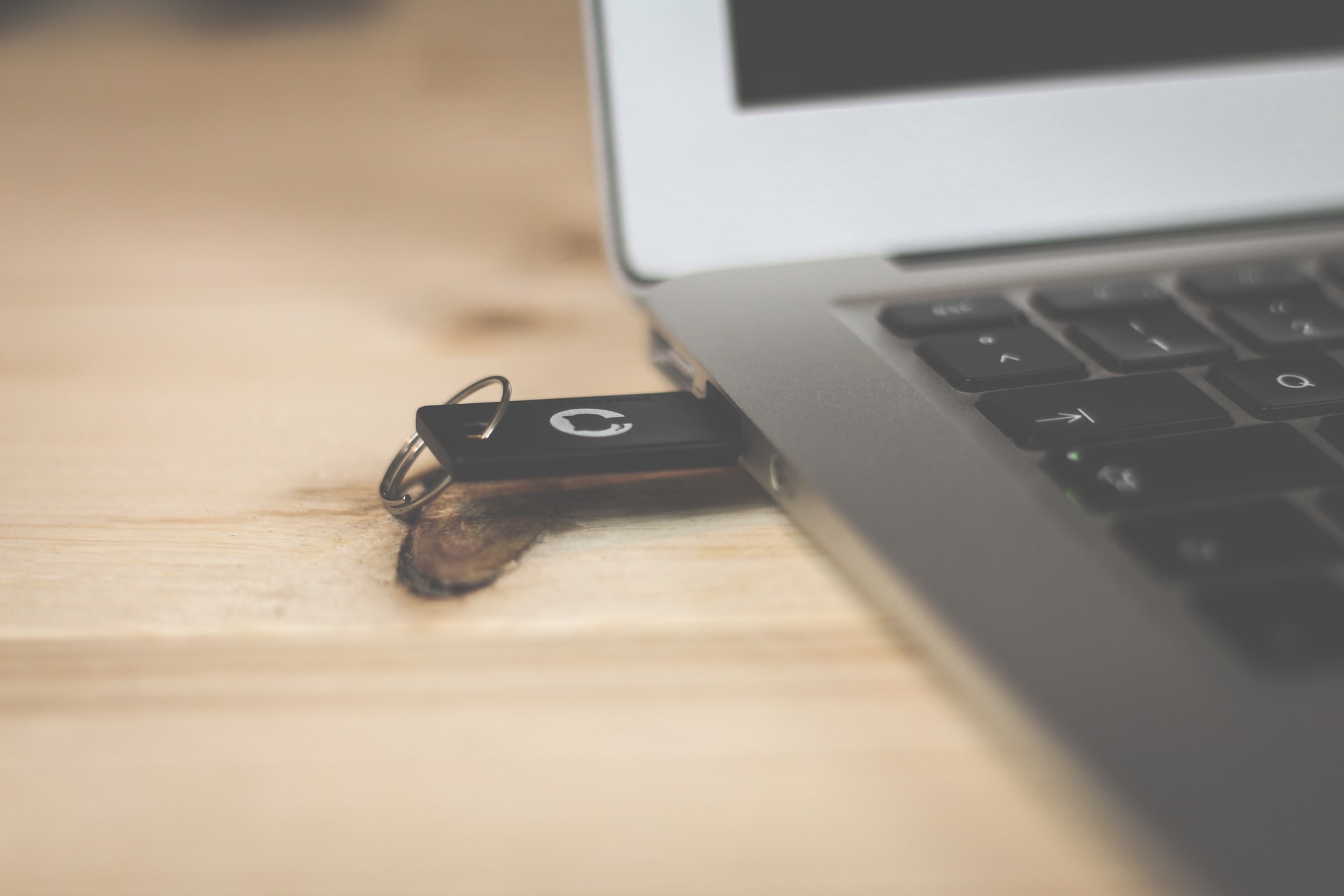When you have a computer system failure, it is inevitable for people to lose their valuable data. Although you can do several things to protect your data from deletion and loss, accidents still happen. No matter how careful you are with your PC or laptop, sometimes there will be a moment when you’ll experience a glitch that could present significant problems to your system.
To make things even worse, the moment you realize it, there are already several pieces of data in your computer that you can no longer reach. Even if they’re not important files like pictures and music, it is still dissatisfying when you lose them because of an accident or hardware failure. To give yourself peace of mind and prevent future trouble with these situations, you should take time to learn some effective ways on how to protect and recover your data effectively.
Hire Professionals to Recover Data for You
When you’re trying to recover lost data on your own, you need a lot of patience and knowledge about operating systems, file structures, and other technical aspects. It takes a long time for people to learn how this process. Therefore, the best way to protect and recover your data is by hiring a professional data recovery service provider. The good thing about these kinds of professionals is that they can extract information from different storage devices linked with computers so you’ll never lose any important file under any circumstances. They also have access to advanced technology regarding recovering lost files, including those permanently deleted by mistake due to system errors like formatting problems, so you can rest assured that you will get your data from them from a safe place.
Create Backups, Backups, and More Backups
Procedures like hard drive crashes, system formats, and human errors happen so often these days that it becomes inevitable for people to lose valuable data., but there’s a way to prevent these accidents from happening again by creating backups at home so you have a copy from all your important files stored in various locations. It is better to store them in an external storage device like a USB flash drive or portable hard drive. However, you can also use cloud storage services like Google Drive and Dropbox, where you can upload your important files and access them from any computer or mobile device. Regardless of what type of storage device you use (i.e., USB Flash drive, memory card, external hard drive), make sure that you always link it to your computer or laptop for automatic backup purposes. You should do this at least once a week if not daily.
Encrypt Your Data for Added Security
You also have the option of how to protect and recover your data by making them encrypted, which means that you link any important file with a password that people will need to decrypt or open these files later on. While it is true that there are many applications nowadays that help people encrypt their data, which can do this without requiring too much effort on your part. To make things even better, you can store all the decryption information (i.e., user name and password) inside one single file and save it in another storage device like an external hard drive or USB flash drive – this way, you’ll never lose all those important documents you need to open at work.
Keep Your System Updated with the Latest Software and Applications
If your computer runs on Windows operating system or Mac OS X as its primary software, you must keep updating these systems regularly so you can prevent any harmful effects brought by new viruses and malware applications popping up constantly in cyberspace. If there’s an update available for your current version of the operating system, this means that the developers have already addressed previous security issues detected through different online virus scanners – make sure to take advantage of these free updates which are generally made to improve security measures over time.
Do NOT Save Important Data In Your Computer’s Root Directory

Most users don’t know it, but saving files on your root drive (C:\) is not a good idea because this location is often used by operating systems to install needed applications and system updates. One bad thing about saving crucial information like pictures or music files in this area is that when there’s an important update, it will likely replace these files with the new ones on the root directory. That means if you’re trying to find some specific documents on your root directory because they would be gone forever without any backup copy. Save these kinds of files on another partition or directory to protect them from being replaced anytime there is an update.
The above-mentioned tips are the most important steps you should take to protect your data and recover them in case something unfortunate happens. It is highly advisable to follow them so you can avoid any serious problems from taking place later on and increase your chances of keeping valuable information safe and secure all the time.





